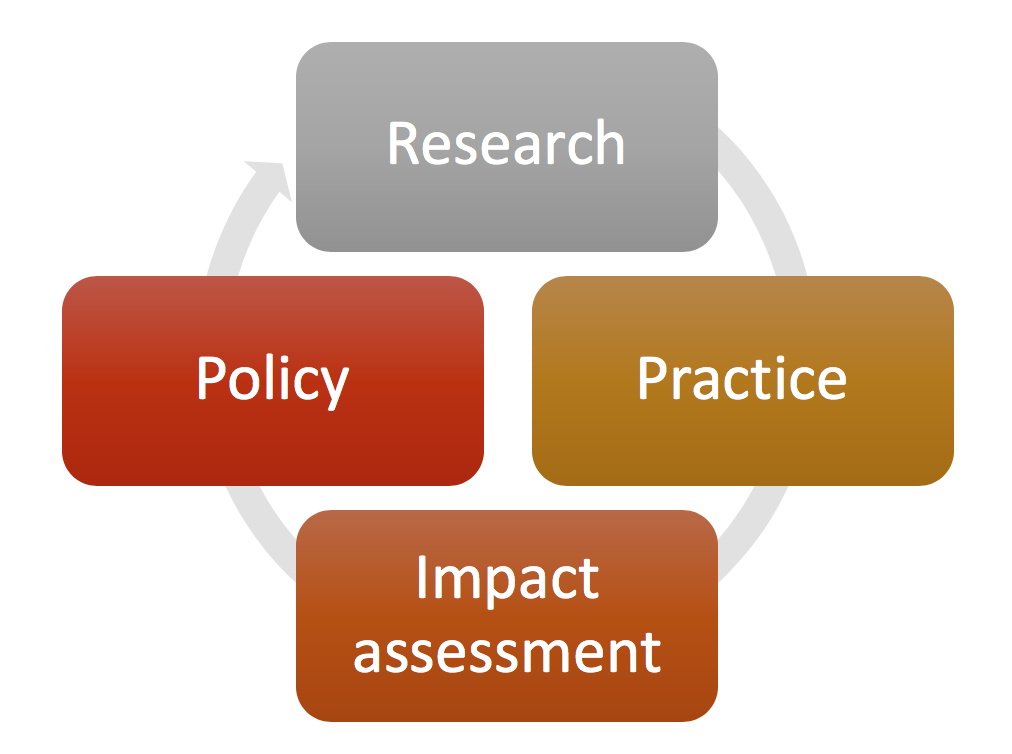Enfoque y alcance
Research in Education and Learning Innovation Archives (e-ISSN: 2659-9031) is an international scientific online journal that publishes innovative research on education and learning. With a clear focus on higher education and lifelong/continuous learning, the journal also welcomes research from other relevant educational areas.
The acronym REALIA refers to real objects that are used in the classroom as educational resources.
This emphasis on teaching practice can be interpreted as a continuous process where everyone involved is welcome:

Research articles, reviews of literature and position articles about the uses of technology in teaching and learning are accepted, while the main areas of specialisation align with the latter. Specifically:
Higher Education
University teacher training (pre-service and continuous)
Other education levels
Professionals interested in the teaching and learning processes in Higher Education
Innovative educational practices
Technologies for learning
Teaching methodologies
Assessment of teaching and learning practices
Transferability frameworks, models and other results aimed at improving teaching-learning processes in Higher Education
Evaluation practices (of, for and as learning)
Research in Education and Learning Innovation Archives (REALIA) was formerly known as @tic revista d’innovació educativa (ISSN: 1989-3477) until issue 21 (Autumn 2018). Research in Education and Learning Innovation Archives (REALIA) is an open-access scientific journal published by the Staff Development and Educational Innovation Service (SFPIE) of the Universitat de València. REALIA accepts manuscripts in English, Spanish and Catalan, and it is published biannually. Published manuscripts include:
Original research
Reports, studies and proposals
Position papers
Conclusiveliterature reviews and meta-analyses
If the proposal is an original piece of research, the manuscript must preferably conform to the following structure:
Introduction and review of the literature
Materials and methods
Analysis and results
Discussion and conclusions
Bibliographical references
Sponsor(s): The Council of Science Editors advises authors to cite the funding source for their research. For the previous scientific review of the manuscript, source(s) must be anonymised using XXXX so that authors and research groups cannot be identified.
Footnotes (bottom of page)
Our editorial policy requires that authors employ inclusive language for scientific articles intended for publication in our journal. To enable the identification of gender differences, we also require authors to indicate whether gender was taken into account when collecting source data for their study.
Research in Education and Learning Innovation Archives celebrates diversity and affirms its unwavering commitment to equality and respect for all. Our published articles shall therefore avoid any claims to superiority based on gender, class, culture, ethnic origin, or any other difference between people. All authors must therefore ensure their language is free of bias, avoid the use of stereotypes, and commit to using inclusive language at all times.


